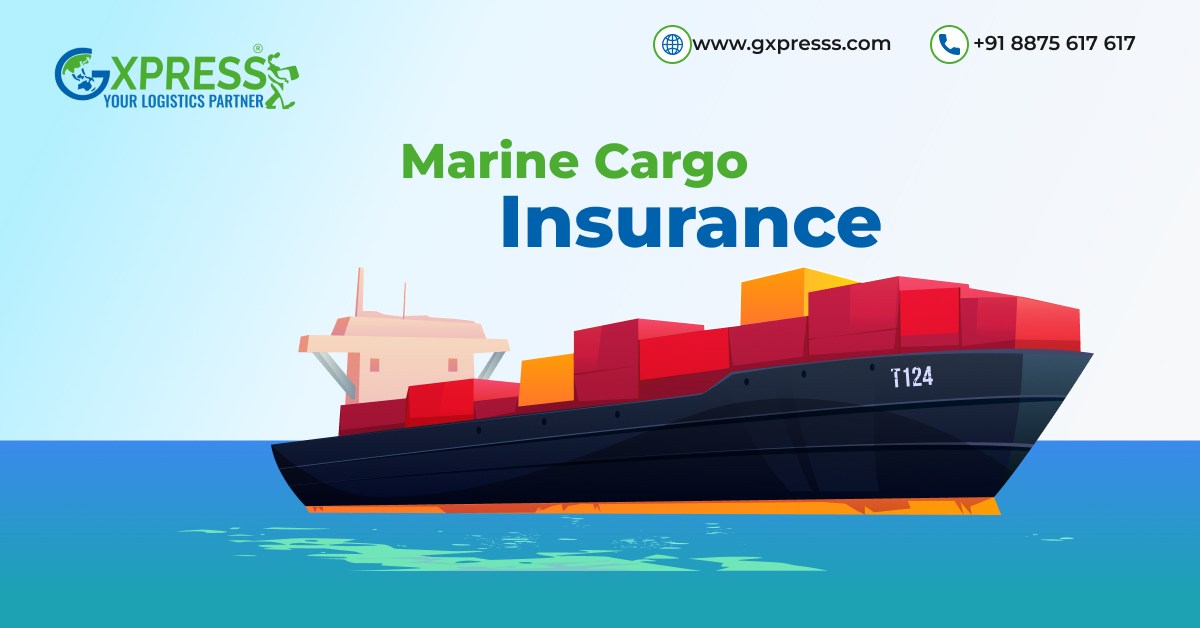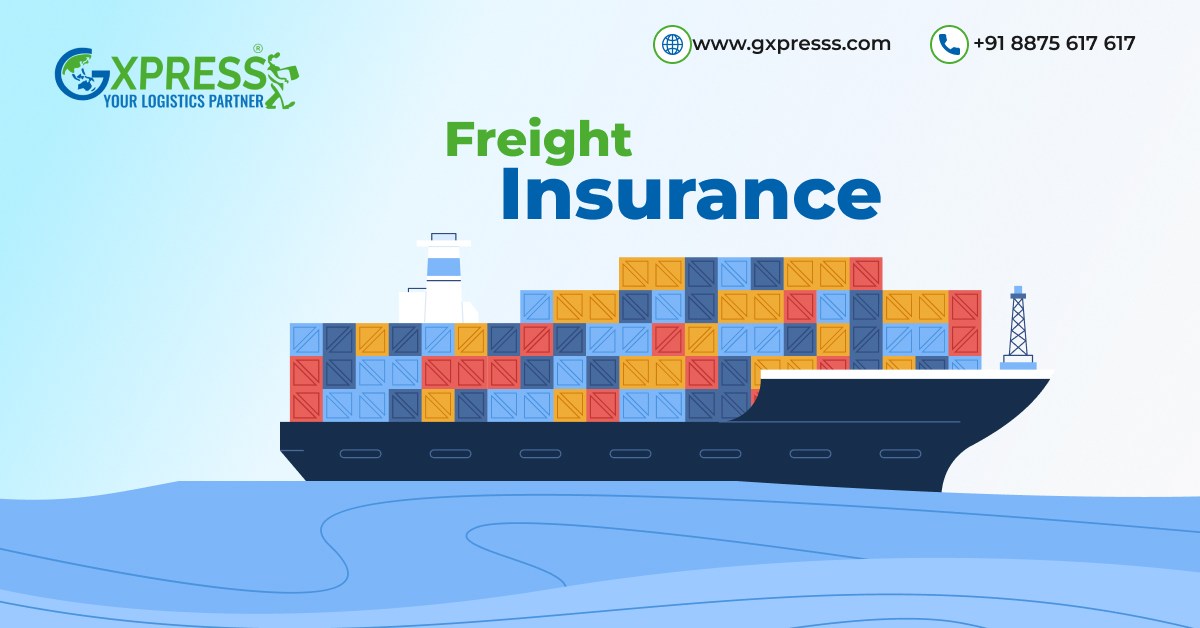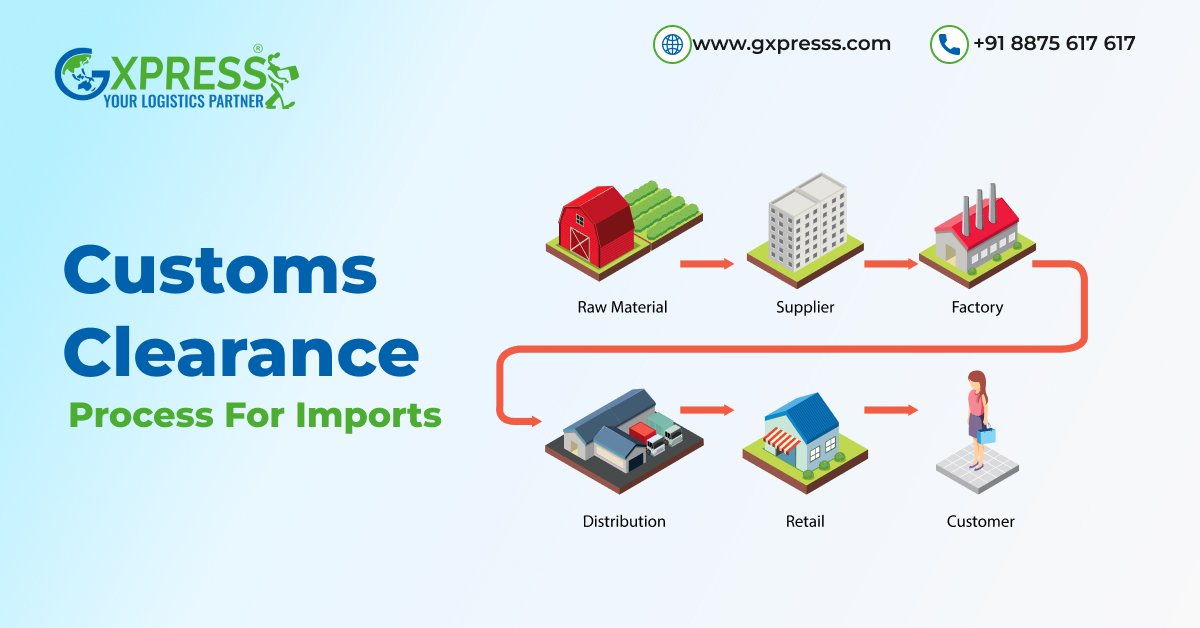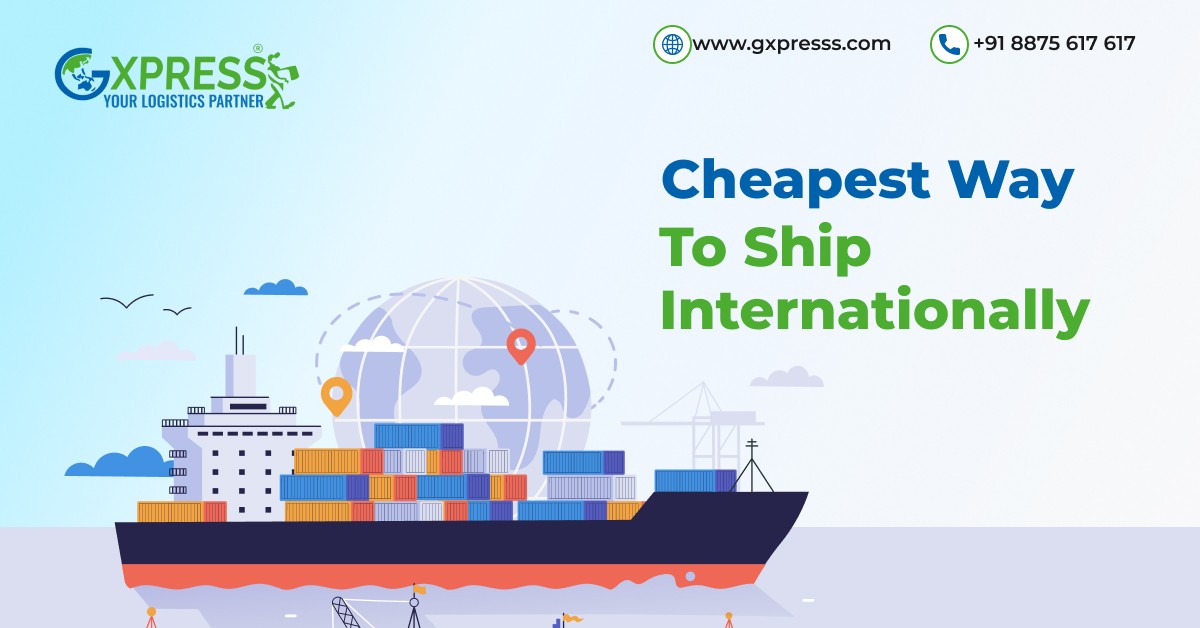September 1, 2025Freight8 min readBy Admin
Why Marine Cargo Insurance is Essential in Freight Forwarding

Because marine cargo insurance exists, business owners can sleep peacefully at night. Just picture it: a lot of really important cargo, maybe expensive tech gadgets, is being transported by sea from India to Europe. It's smooth sailing until there’s a storm at sea.
The ship’s rocking due to the waves, and all the containers inside are falling. It’s no wonder some goods inside those containers got damaged or simply lost.
So, the question is, who will pay for the loss? The shipper? The consignee? The freight forwarder?
This is one of the main reasons why cargo insurance is adopted. In the unstable world of international shipping, it is never just a routine; it is a security that keeps a company away from financial disasters.
What is Marine Cargo Insurance?
Marine cargo insurance is a highly specialized and comprehensive coverage that protects the goods during transportation by sea, air, or even land (in certain extended policies). To put it simply, this insurance, in case of damage, loss, or theft of the cargo during transit, makes sure that the cargo owner is not the only one to shoulder the financial burden. Freight forwarding is a complex procedure involving multiple ports, different modes of transportation, and various regulations. With so many factors that can influence the situation, having insurance is not a matter of if you will need it, but when.Marine Cargo Insurance Policy: What is and What Isn’t Covered
Not all risks are created equal, and neither are all policies. A standard marine insurance policy generally covers:- Damage from natural events – storms, floods, lightning, earthquakes
- Accidents at sea – ship collisions, capsizing, sinking
- Man-made risks – theft, piracy, fire, explosion
- General average losses – when cargo owners share the cost of a loss if a vessel sacrifices part of the cargo to save the ship
- Poor packaging – if goods aren’t packed properly, insurers may reject claims
- Inherent vice – natural decay or deterioration of goods like fruits, vegetables, or chemicals
- Delay-related losses – missing a deadline isn’t typically covered unless explicitly included
- War or strikes – the most dangerous risks that usually require separate, specialized policies.
How is Marine Cargo Insurance Calculated?
The premium is not arbitrarily chosen; it is calculated based on a few factors: The type of cargo – for example, fragile items, food that can go bad in a short time, or even poison usually has higher premiums. Route & destination – the shorter the distance or the less dangerous the route (areas free of piracy) lead to lower the costs and vice versa. Transportation method – different risk levels are taken into account for sea freight, air freight, or multi-modal shipments. Cargo value – the higher the declared value, the higher the premium Packaging quality – properly packed goods reduce the risk and lower insurance costs Typically, the insured amount is calculated as the Cost + Freight + Insurance (CIF) value, plus 10% to cover incidental expenses.Importance of Marine Cargo Insurance
Freight forwarding is all about efficiency, trust, and reliability. But let’s face it—global supply chains are vulnerable. From unpredictable weather patterns to port strikes and accidents, no forwarder can guarantee a 100% risk-free shipment. Freight insurance is essential because it:- Protects financial investment – saves businesses from crippling losses
- Builds customer confidence – clients trust forwarders who ensure their cargo is protected
- Supports smoother operations – with insurance, claims are easier to settle when things go wrong
- Keeps you compliant – in many international trade contracts, insurance is a must-have

The Need For Marine Cargo Insurance For Businesses
On a global scale, trade is often criticized for being unclear or quite complicated, yet it seems to function fairly well. Nevertheless, anyone who has transported products internationally knows that reality—it is less than ideal. In such occasions, a simple bad weather at sea, delays caused by port congestion, or just some little mistakes made by people, or a theft may convert what was considered a usual shipment into a great loss of money. And this is precisely when the shipping insurance takes the place, not as a luxury but as a business necessity.- Safeguards your finances
- Protects customer relationships
- Keeps business moving
- Supports global growth
- Peace of mind
Let’s Take An Example
An Indian furniture exporter sends a container to the Middle East. The container is dropped during offloading, so most of the goods get damaged. Without insurance, the exporter will have to bear the entire loss of the damage, and thereby, the profit will be eaten. Also, the exporter risks losing the buyer’s trust. Picture the identical incident, but with a safety net of insurance. The procedure for obtaining the claim is done, and the exporter gets the value of goods back, and the relationship goes on as per normal. That’s the difference of marine cargo insurance, which helps in saving not only your goods from loss but also your reputation and cash flow, besides giving you long-term growth. If you are a business that deals with exports and imports on a regular basis, then marine transit insurance should not be looked at as a mere option but rather as an absolute necessity. It is the tool that enables you to be in business even when the problems are at their peak.Conclusion
Freight forwarding is a mixture of being spot-on and trusting the other side, but it is also a trip through uncertain waters. Marine cargo insurance is your support in being the most secure place on the ship: it makes sure against sudden and unexpected losses, is a guarantee of tranquillity, and adds to the relationships with the partners outside the country. Therefore, before you consign your goods to the next shipment, keep in mind that you can have the most control over the packaging, the paperwork, and the planning; however, not over the sea, the sky, or human error. This is why marine cargo insurance is not just significant but also proper and essential.Frequently Asked Questions (FAQs)
Q1. What is marine and cargo insurance?
It is a type of insurance that gives you compensation for your goods in case they are lost or damaged during transit. It protects your business against thefts, natural disasters, accidents, etc.Q2. How is marine cargo insurance calculated?
The calculation of marine cargo insurance depends on the value of the cargo, the nature of the goods, the route, packaging, and the mode of transport. A frequently used formula is Cost + Freight + Insurance (CIF) + 10% for incidental expenses.Q3. Is marine cargo insurance compulsory?
It is not a legal requirement. However, it is a prerequisite in most international trade agreements and is also insisted upon by buyers in order to have a safe shipping of goods.Q4. Who can buy a marine cargo insurance policy?
Marine cargo insurance can be purchased by the following individuals or groups: exporters, importers, merchants, manufacturers, freight forwarders, and even banks that finance shipments.Q5. What is the period of marine cargo insurance?
The time of coverage, in most cases, is the whole trip from the point of dispatch to the point of delivery at the destination unless otherwise agreed in the policy.Q6. What is not covered in marine cargo insurance?
Some of the typical causes for exemption are improper packaging, inherent defects in goods or their natural decay, delay-related losses, and the like, if the risk of war or strikes is not insured separately.Share this article:



